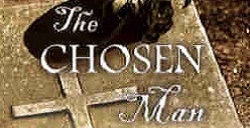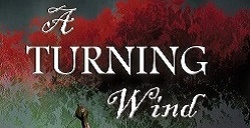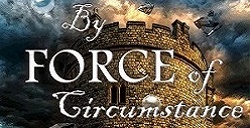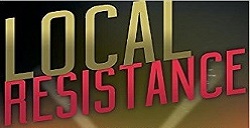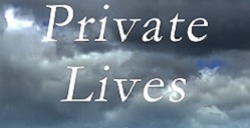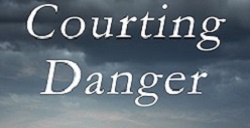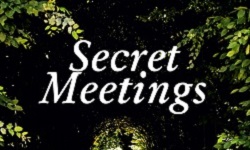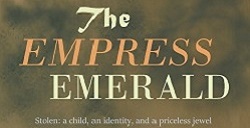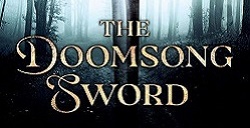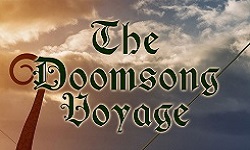

Dark Night, Black Horse
Spain 1936 - on the brink of civil war. As the conflict draws closer, Diego Martin takes desperate measures to save his family from starvation. He endangers his life and freedom by smuggling contraband across the mountains at night. But the authorities are closing in. They’ve got one eye on him and the other on his magnificent, black stallion, Lucero – ‘Bright Star'. Can the courage and resourcefulness of his eight year-old son, Paco, save Lucero and the family from impending disaster?
Read the opening pages of this short story....
Reviews
If there is one word that sums up the Spanish Civil
War it’s betrayal, a million betrayals by friends and neighbours and
family. In the many oral histories of the war there are few tales of heroism
or altruism among the many of deceit and cruelty.
Spain is less a nation than a patchwork of regions and villages –
people are more likely to say “I’m from Asturias or I’m
from Sevilla” than “I’m Spanish” -and J.G. Harlond’s
story Dark Night, Black Horse captures perfectly both this provincialism
and the early onset of betrayal, the sudden realisation that things are
not what they were, that trust is no longer a given and, above all, that
people are taking sides. In the space of a few pages Harlond conveys how
the ground is shifting. The tension in Diego’s first run in with the
police comes from him being a poor man and them being armed. There is nothing
unusual in that. The second time around everything has changed: the police
have taken sides and the threat is magnified; it is political.
Harlond’s light touch and sensitivity creates a vignette that is a
window on to a larger and terrible story that Spain has not yet been able
to come to terms with.
Stephen Burgen journalist and author of Afterlife and Walking
the Lions
Set against a background of fear and mistrust, this simple tale of a young boy who faces danger to regain his father’s good favour, does an excellent job in illustrating the challenges faced by rural civilians during the Spanish Civil War. At the same time it provides us with the heart warming tale of Diego the smuggler of contraband whose valuable stallion is ‘saved’ by the ingenuity of his eight year old son. A super little story made all the more meaningful by the authors note explaining that this is based on a true story. The first chapter of the author’s novel The ‘Empress Emerald’, at the end of the short story, was an unexpected bonus, which I’ve also downloaded and look forward to reading. Amazon Reviewer
Copyright © A.M.Arredondo. All Rights Reserved.
